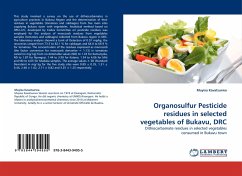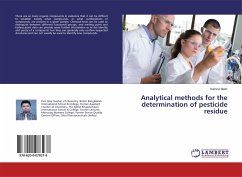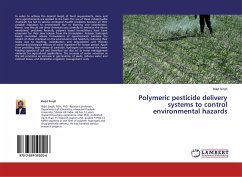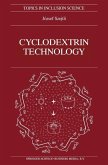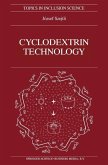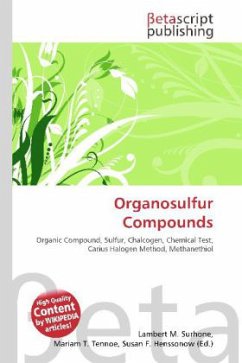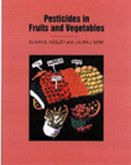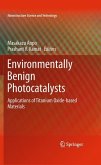This study involved a survey on the use of dithiocarbamates in agriculture practices in Bukavu Region and the determination of their residues in vegetables (tomatoes and cabbages) from five main sites supplying Bukavu town with vegetables. Analytical method based on HPLC-UV, developed by Codex Committee on pesticide residues was employed for the analysis of mancozeb residues from vegetables samples (tomatoes and cabbages) collected from Bukavu region in DRC. The laboratory analysis showed a Limit of Detection of 0.01 mg/kg, the recoveries ranged from 73.5 to 82.1 % for cabbages and 64.0 to 66.9 % for tomatoes. The concentration of the residues expressed as mancozeb (the factor conversion for mancozeb derivative = 1.13) in tomatoes varied (in mg/ kg) from no detectable values (ND) to 1.33 for Kamanyola, ND to 1.87 for Nyangezi, 1.44 to 3.99 for Katana, 1.54 to 4.06 for Miti and ND to 4.65 for Mudaka samples. The average values ± SD (Standard Deviation) in mg/ kg for the five studysites were 0.89 ± 0.35, 1.31 ± 0.44, 2.48 ± 1.02, 2.71 ± 0.82 and 3.25 ± 1.25 respectively.
Bitte wählen Sie Ihr Anliegen aus.
Rechnungen
Retourenschein anfordern
Bestellstatus
Storno

